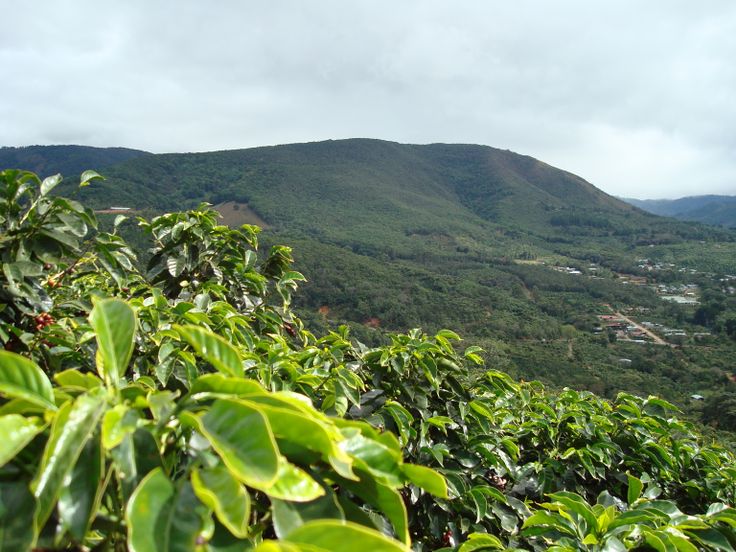Honduras is the fifth largest producer of coffee in the world – but with unusually low global prices and climate change-related problems like the roya fungus decimating crops throughout Latin America, coffee farmer livelihoods have suffered.
To combat that, the Global Coffee Platform (GCP), supported by the Rainforest Alliance – UTZ program and Solidaridad, launched the Sustainable Coffee Platform in Honduras (PCSH by its acronym in Spanish) on November 1, 2018. The platform aims help improve the livelihoods of small coffee producers and their families in the country. As the fifth largest coffee producer in the world and third in the region, Honduras draws the interest of purchasing countries for whom sustainability in all its supply chains is vital.
Over the last two years, the three organizations held workshops with important players in the coffee sector in Honduras from both the private and public sector as well as exchange workshops with different countries in Latin America. As a result three priority topics were identified: maintenance and consistency of coffee quality; impact and adaptation to climate change; and increase and promotion of sustainable production. Furthermore, members of the platform agreed that the central axes of operation should be transparency and inclusion of the actors in the entire coffee value chain.
Better together
The Coffee Platform in Honduras, like other national platforms around the world, is based on a collaborative spirit, where representatives of the private sector, non-profit organizations, governmental entities, producer organizations, intermediaries and marketers; service providers and researchers gather under the same principles and values: the commitment to sustainability; collaborative participation of diverse actors; continuous improvement; transparency and communication; cohesion; teamwork; equity and solidarity.
GCP Executive Director Annette Pensel believes that local and global collaboration is fundamental to making the sector thrive. “We can’t improve the conditions of coffee farming families around the world with isolated efforts. In this case, we worked with Rainforest Alliance and Solidaridad on the global level and enabled local discussions with and between Honduran stakeholders. This launch is a successful case of collaboration for the greater good: the sustainability of coffee.”
Roles and responsibilities
The structure of the PCSH has three levels: directive, made up of the Assembly of Members and the Coordinating Commission; technical, which has four committees (technical, economic viability, climate change and gender and youth); and that of facilitation, made up of a secretariat that will carry out tasks to support the efforts made by these levels. This is where the Rainforest Alliance – UTZ, GCP and Solidarity consortium will also be supporting.
The Honduran Platform’s creation required the support of Rainforest Alliance’ Sector Partnership Program and Solidaridad’s Country Coffee Program, who helped gathering different stakeholders in the Honduran sector. Ruben Gallozi, country representative to Honduras at the Rainforest Alliance, is optimistic that the platform will play an important role in the country’s journey towards a more sustainable coffee sector: “The platform is a collaborative space to discuss and bring solutions to strategic problems in the coffee sector in the country, such as economic viability, environmental issues and the limited access to international market.”

